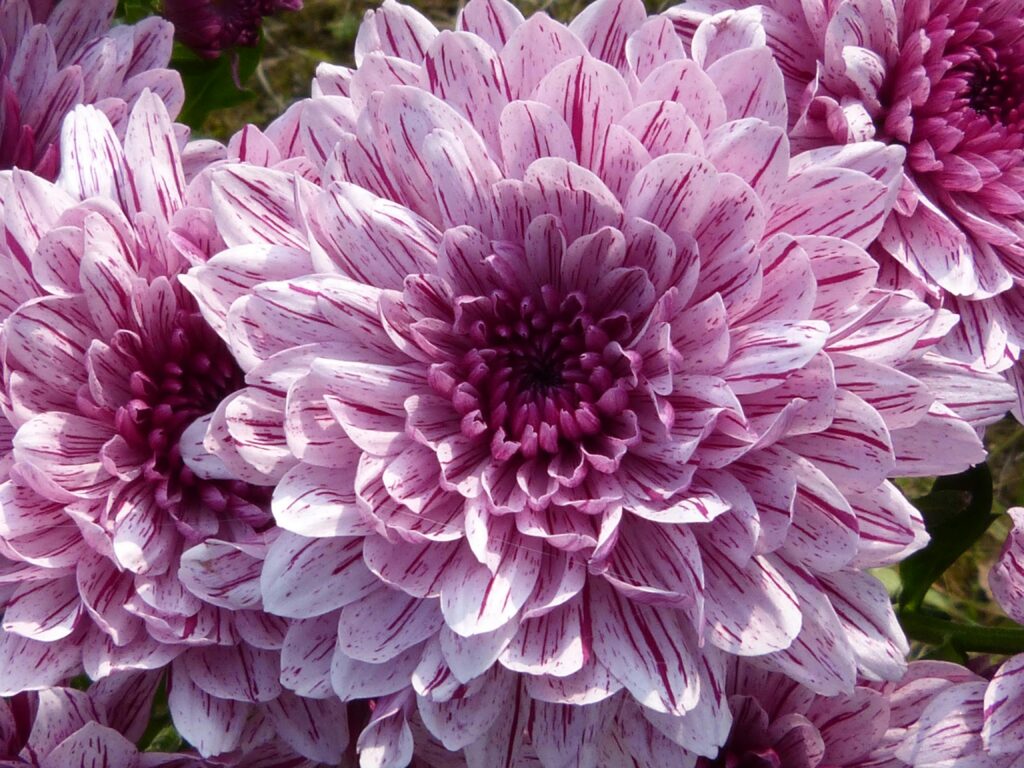Chrysanthemum tea has been cherished in Asian cultures for centuries, not only as a fragrant beverage but also as a soothing herbal remedy. Made by steeping dried chrysanthemum flowers in hot water, this golden-hued tea offers a gentle, floral aroma and a naturally sweet taste that appeals to both tea lovers and wellness seekers.
In this article, we’ll dive deep into the health benefits of chrysanthemum tea, how it is traditionally used, how to prepare it, and what modern research says about its potential.
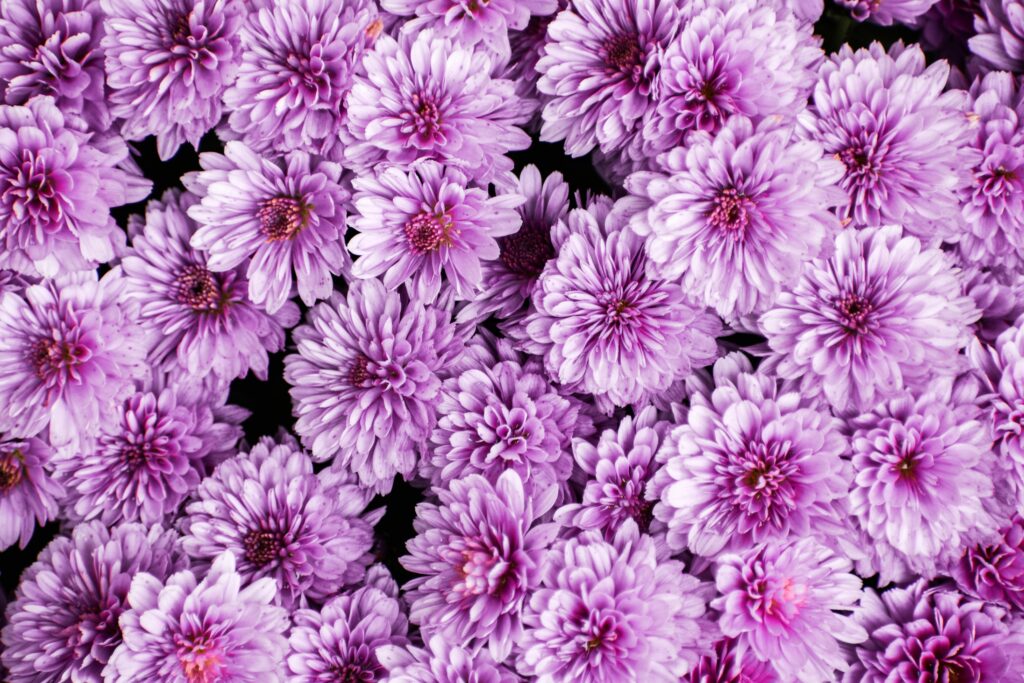
What is Chrysanthemum Tea?
Chrysanthemum tea originates from China, where it has been consumed since the Song Dynasty (960–1279). It’s made from dried flowers of the species Chrysanthemum morifolium or Chrysanthemum indicum. Unlike green or black tea, chrysanthemum tea is caffeine-free, making it a perfect evening beverage for relaxation.
The infusion is light yellow, with a mild floral sweetness, and is often consumed for its cooling properties in traditional Chinese medicine, believed to help with heat-related ailments such as sore throats, fevers, and eye strain.
Key Health Benefits of Chrysanthemum Tea
1. Rich in Antioxidants
Chrysanthemum tea is loaded with antioxidants such as flavonoids and anthocyanins. These compounds help neutralize free radicals, which may reduce oxidative stress and slow down cellular aging.
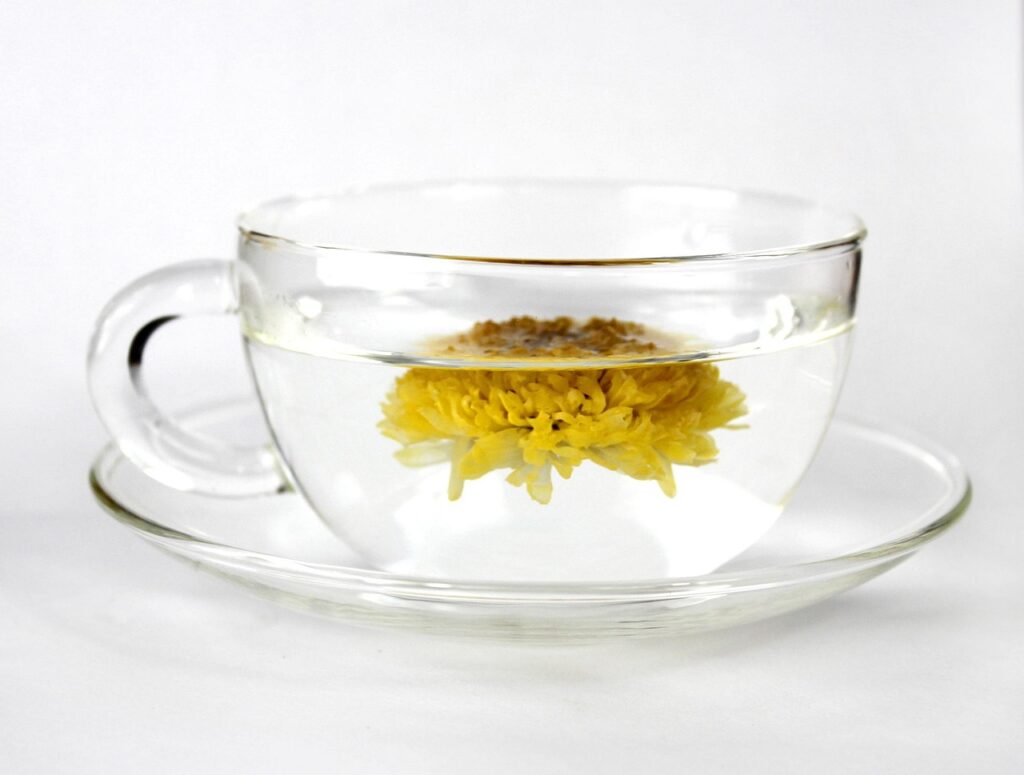
2. Supports Eye Health
In traditional Chinese medicine, chrysanthemum tea has long been used to soothe tired eyes and improve vision. Modern research suggests that the antioxidants in chrysanthemum may help protect against eye-related conditions linked to oxidative damage.
3. Promotes Relaxation and Stress Relief
With its naturally calming aroma and lack of caffeine, chrysanthemum tea can help reduce stress and encourage relaxation, making it an ideal drink before bedtime or after a long day.
4. May Support Cardiovascular Health
Some studies suggest that chrysanthemum extract may help lower blood pressure and improve circulation, which supports overall heart health. Regular consumption of chrysanthemum tea could contribute to cardiovascular wellness as part of a balanced lifestyle.
5. Natural Immune Support
Packed with vitamins (including vitamin C) and minerals, chrysanthemum tea is traditionally consumed to support the immune system and help the body fight seasonal colds or flu.
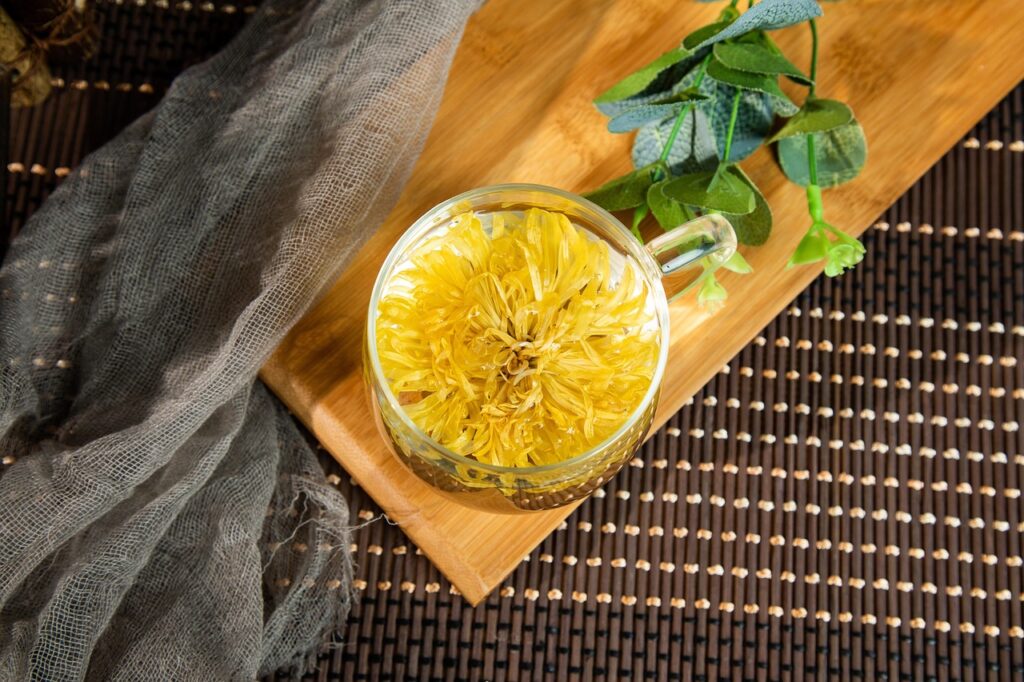
6. Anti-inflammatory Properties
Chrysanthemum tea is believed to reduce inflammation and has been used for relieving headaches, sore throats, and mild fevers. While more human studies are needed, the herbal tradition suggests strong anti-inflammatory effects.
Chrysanthemum Tea in Traditional Chinese Medicine
In Traditional Chinese Medicine (TCM), chrysanthemum tea is classified as a cooling herb. It is often prescribed for:
- Clearing heat and toxins from the body
- Supporting liver health
- Relieving dizziness and headaches
- Improving respiratory conditions
This cultural significance highlights why chrysanthemum tea remains one of the most widely consumed herbal teas in Asia today.
How to Prepare Chrysanthemum Tea
Making chrysanthemum tea at home is simple:
- Place 4–6 dried chrysanthemum flowers in a teapot or cup.
- Pour hot water (around 90°C / 194°F) over the flowers.
- Steep for 3–5 minutes until the tea turns a golden hue.
- Add a little honey or rock sugar if desired for sweetness.
💡 Pro Tip: Chrysanthemum pairs beautifully with goji berries for an extra antioxidant boost.
Potential Side Effects and Considerations
While chrysanthemum tea is generally safe, keep in mind:
- People allergic to ragweed, daisies, or marigolds may experience allergic reactions.
- Excessive consumption might cause sensitivity in some individuals.
- If you are pregnant, breastfeeding, or on medication for blood pressure, consult your doctor before regular use.
Moderation is key — enjoy chrysanthemum tea as part of a balanced lifestyle.
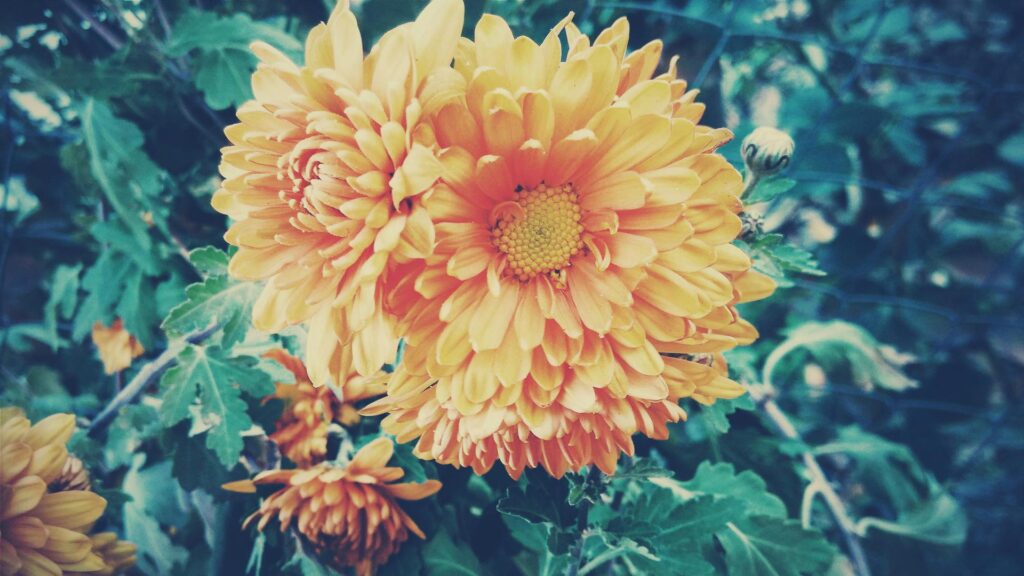
FAQ About Chrysanthemum Tea
1. Does chrysanthemum tea contain caffeine?
No, chrysanthemum tea is naturally caffeine-free, making it safe for evening consumption.
2. Can I drink chrysanthemum tea every day?
Yes, moderate daily consumption is generally safe for most people.
3. Is chrysanthemum tea safe during pregnancy?
Pregnant or breastfeeding women should consult a healthcare provider before drinking chrysanthemum tea.
4. Does it really help with eye strain?
Traditional Chinese medicine strongly associates chrysanthemum with eye health. While modern evidence is limited, many people find it soothing after long hours of screen time.
5. What does chrysanthemum tea taste like?
It has a light floral sweetness, slightly herbal but not bitter, making it very pleasant and refreshing.
Helpful Links for Further Reading
Disclaimer
This article is for informational purposes only and does not substitute professional medical advice. Always consult your doctor or healthcare provider before starting any new herbal tea or supplement, especially if you are pregnant, nursing, or taking medications.

